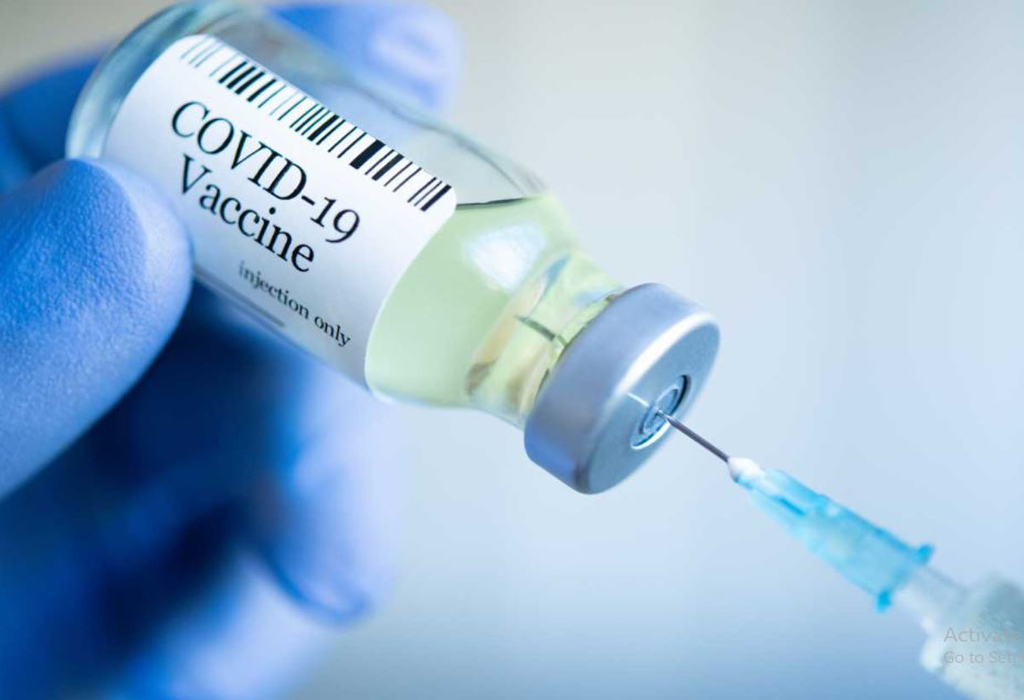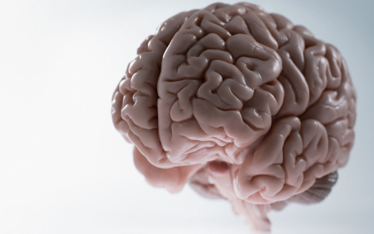How Does the COVID-19 Vaccines Work?
Various types of vaccines work in various ways to give protection. But with all types of vaccines, the body is left with a supply of “memory” T-lymphocytes and B-lymphocytes as well that will always remember how to fight against that virus in the future.
After vaccination, it takes only a few weeks for the body to produce T-lymphocytes and B-lymphocytes. So, it is possible that just before or just after vaccination a person could be infected with the virus that causes COVID-19 and then gets sick because the vaccine did not have much time to provide protection.
Often after vaccination, the process of making immunity can cause symptoms, such as fever. These symptoms are normal and are signs that the body is making immunity.
Two types of vaccines
This time there are two types of COVID-19 vaccines approved by the Emergency Use Authorization (EUA) FDA. Pfizer and Moderna vaccines rely on mRNA technology.
Benefits of Getting Vaccinated
The COVID-19 vaccines help protect people in many ways:
- They can definitely reduce down your chance of getting a serious illness, even if you get COVID-19 also.
- Completing the vaccine series will lessen your chances of hospitalization and reduce your risk of dying from COVID-19
- They add to the number of people in the community who are protected from getting COVID-19 — making it tough for the disease to spread.
- Experts continue to study more about the ability of the vaccine to keep people safe and from spreading the virus to others.
- They are highly effective at preventing COVID-19
Important Safety Information
What should you need to tell your vaccination provider before you get the Moderna COVID‑19 Vaccine?
Tell your vaccination provider about all of your medical conditions, including if you:
- have a bleeding disorder or are on a blood thinner
- are breastfeeding
- have a fever
- are immune-compromised or are on a medicine that affects your immune system
- have any allergies
- plan to become pregnant or you are pregnant
- have received another COVID‑19 vaccine
What are the risks of the Moderna COVID 19 Vaccine?
There is a remote chance that the Moderna COVID‑19 Vaccine could cause a severe allergic reaction. Within a few minutes or an hour of getting the dose of Moderna COVID-19 Vaccine, you would have a severe allergic reaction. For this reason, your vaccination provider may ask you to stay at the place where you received your vaccine for checking and observing after vaccination. Symptoms of a severe allergic reaction can include:
- Swelling of your face and throat
- Dizziness and weakness
- Fast rate of heartbeat
- Difficulty in breathing
- A bad rash on all over your body
Side effects that have been observed with the Moderna COVID‑19 Vaccine include:
- Injection site reactions: tenderness, swelling (hardness), swelling of the lymph nodes in the same arm of the injection, pain, and redness
- General side effects: fatigue, headache, muscle pain, fever, nausea and vomiting, chills, and joint pain
What are the risks of the Moderna COVID 19 Vaccine?
To be fully vaccinated, you will need two shots of some COVID-19 vaccines.
- Two shots:
If you get a COVID-19 vaccine that needs two shots, you are considered fully vaccinated two weeks after your second shot. Pfizer-BioNTech and Moderna COVID-19 vaccines require two shots.
- One-Shot:
If you get a COVID-19 vaccine that needs one shot, you are considered fully vaccinated two weeks after your shot. Johnson & Johnson’s Janssen COVID-19 vaccine only need one shot.










